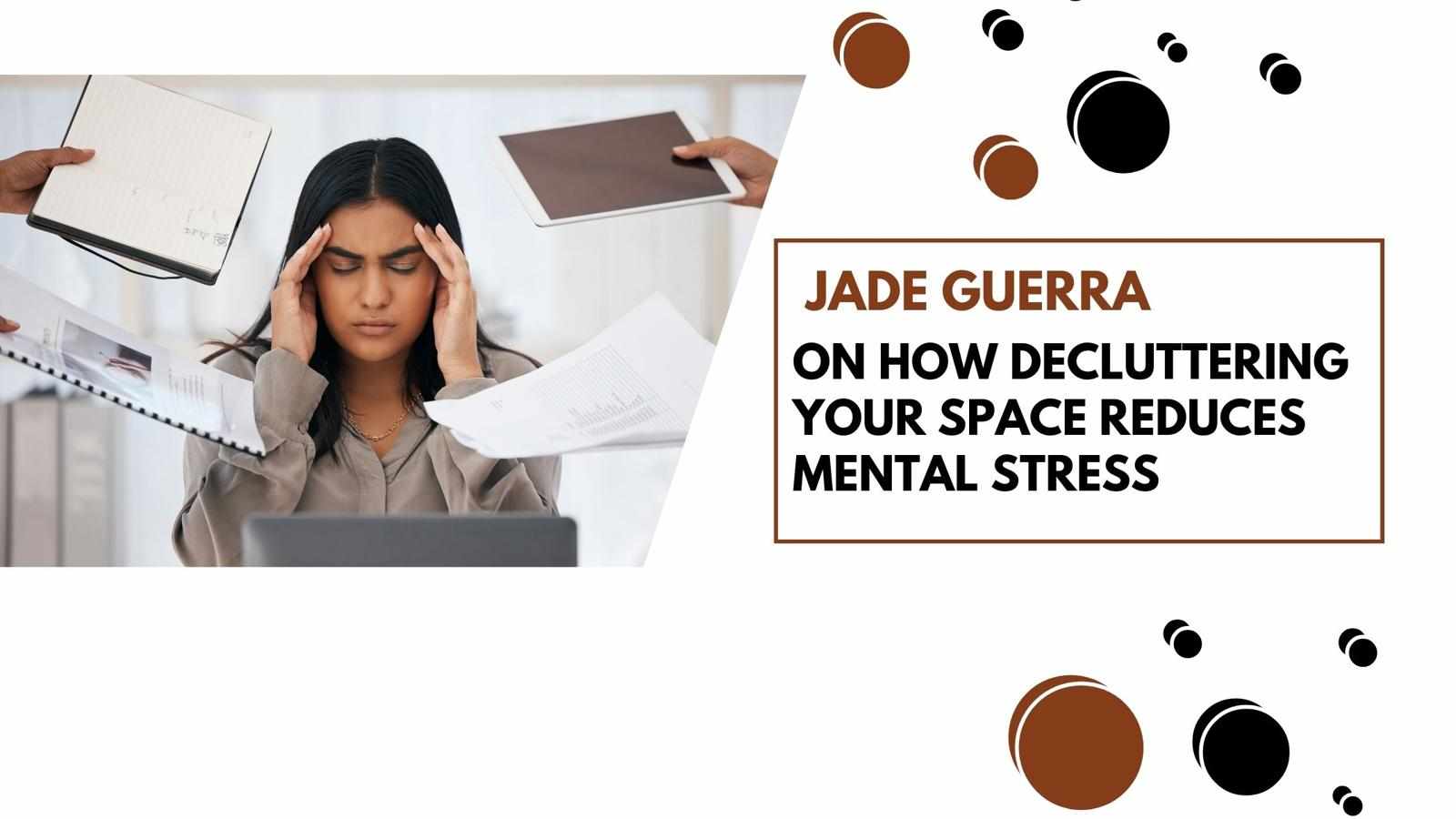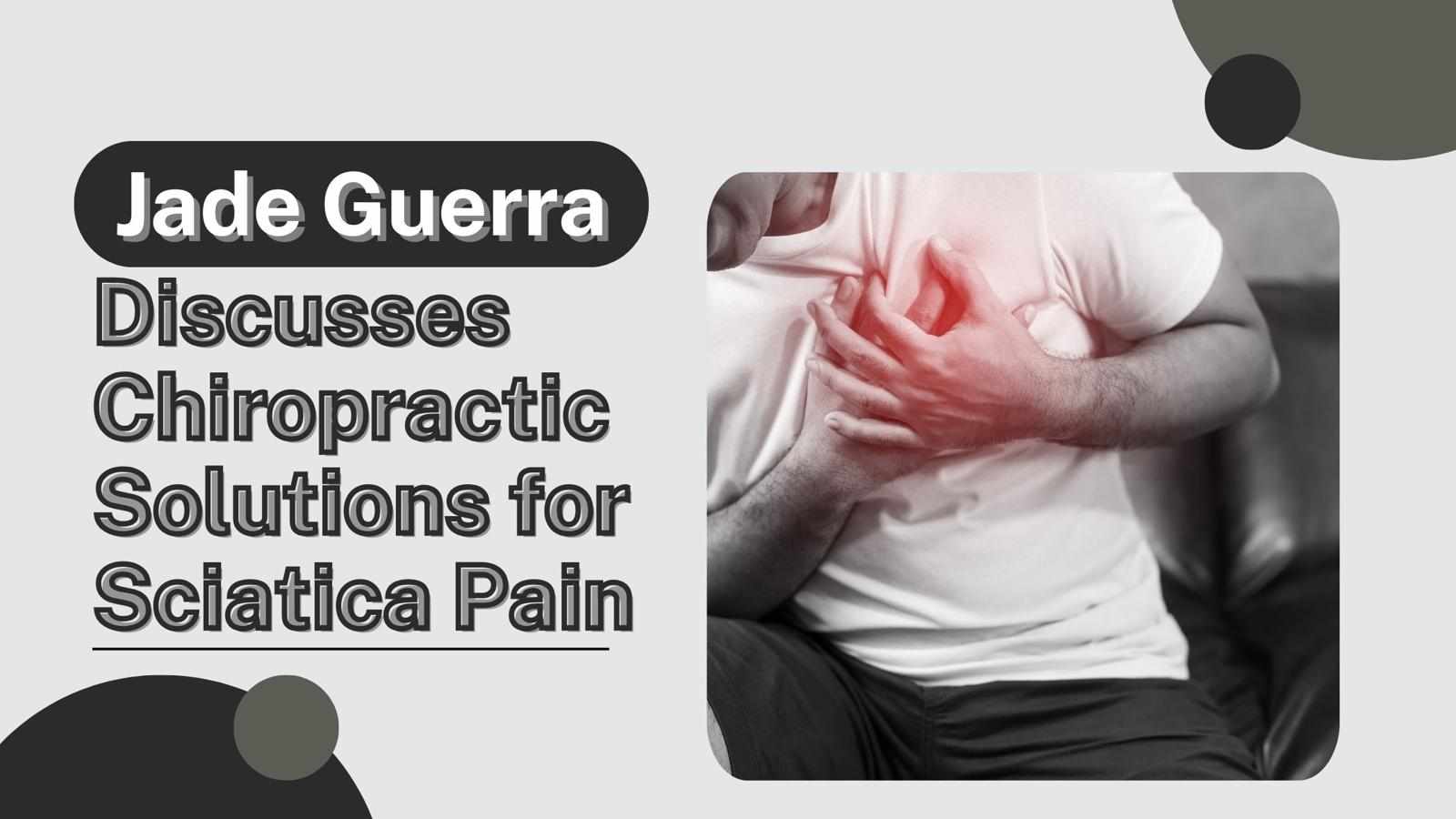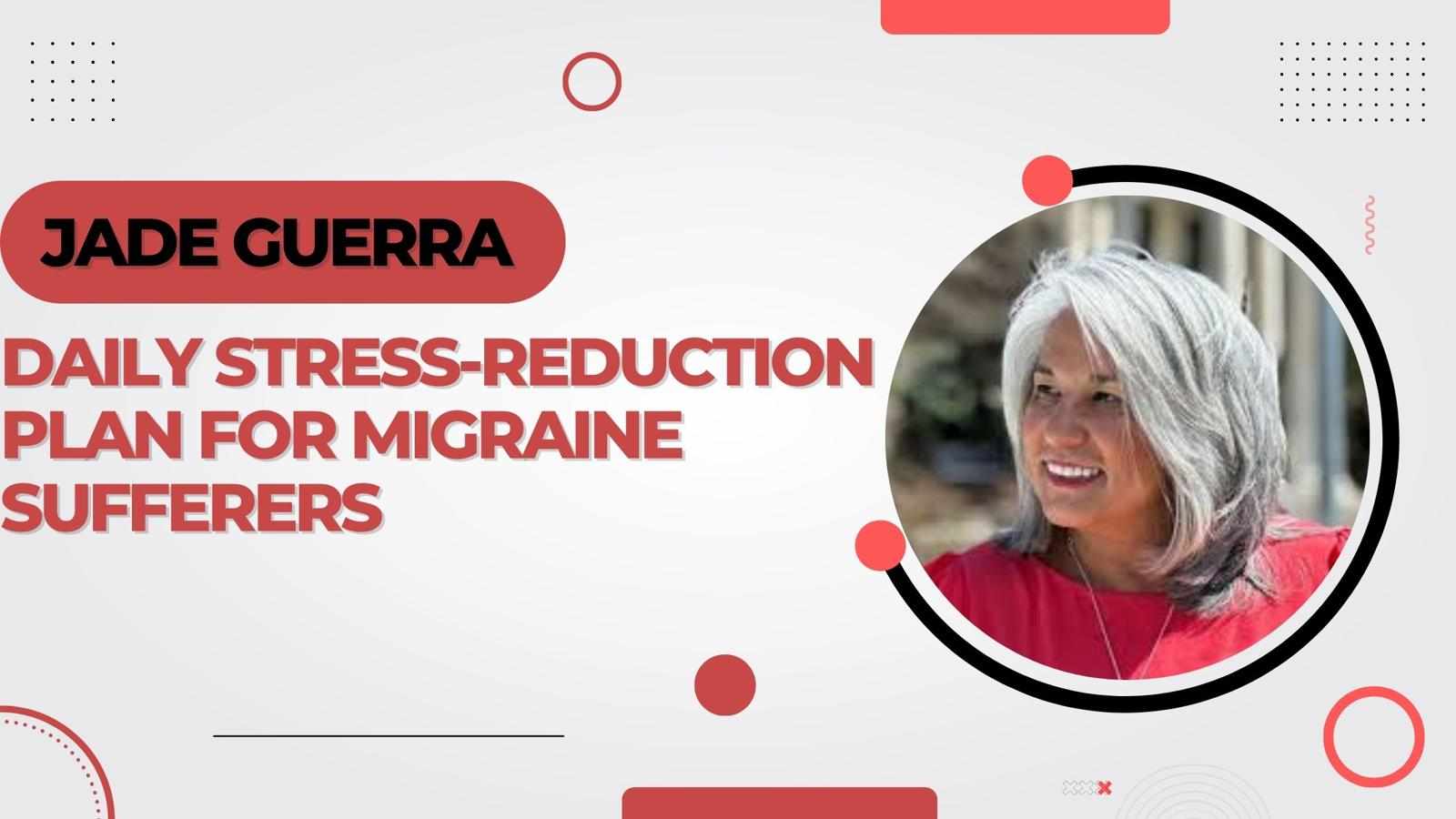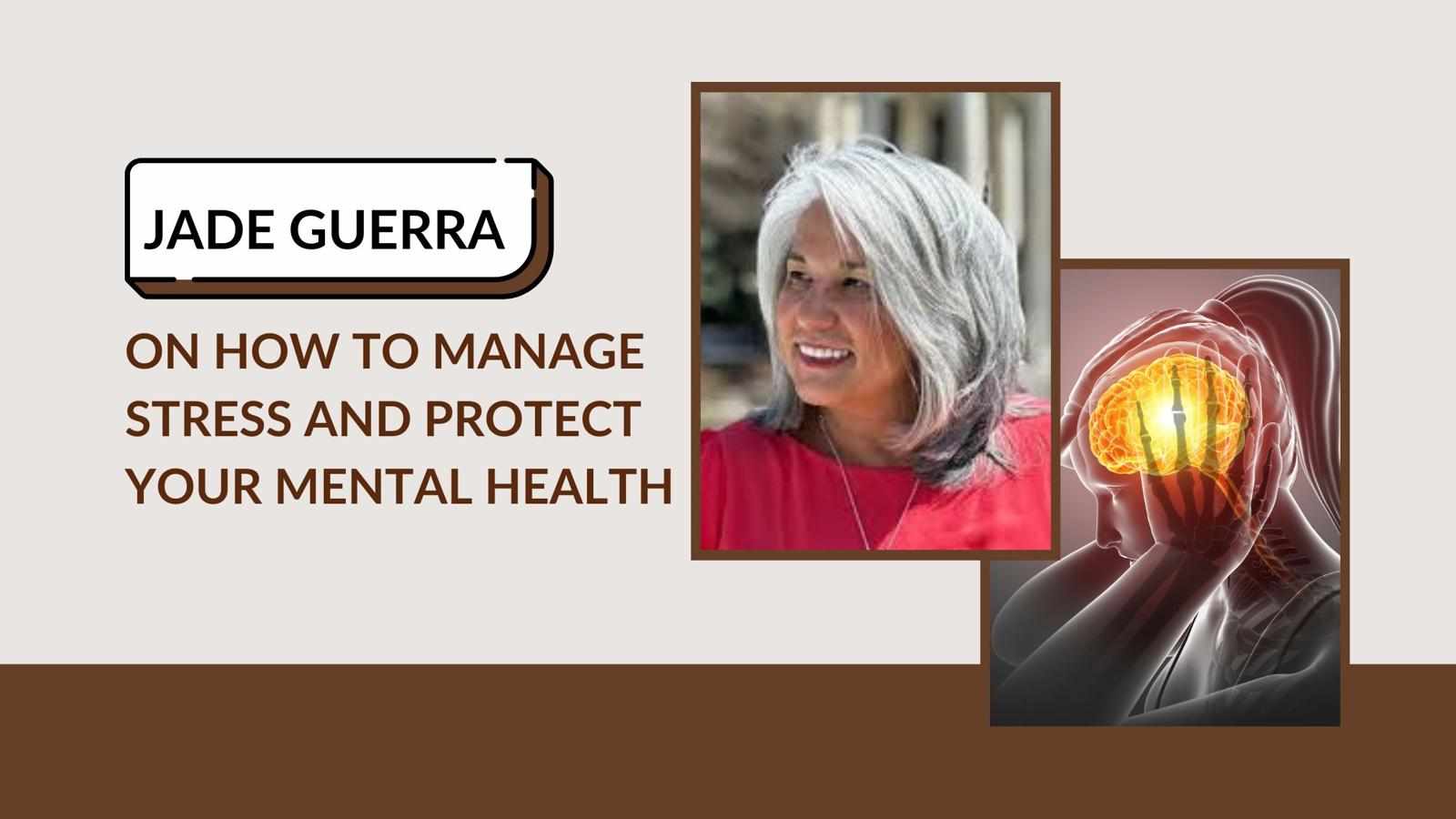
The Connection Between Clutter and Mental Stress
Living in a cluttered environment can have a direct impact on your mental well-being. According to Jade Guerra, a highly skilled healthcare professional dedicated to improving patient well-being, an organized space contributes to a calmer mind. When your home or workspace is filled with unnecessary items, it can create a sense of chaos and overwhelm, leading to increased stress and anxiety.
How Clutter Affects Your Brain
Research suggests that clutter bombards the brain with excessive stimuli, making it harder to focus and process information efficiently. This constant visual noise increases cortisol levels, a stress hormone responsible for feelings of anxiety. Jade Guerra explains that decluttering can help create a sense of control, reducing mental strain and improving productivity.
Benefits of Decluttering for Mental Health
Decluttering goes beyond just organizing your physical space; it has several mental health benefits, including:
1. Reduces Anxiety and Overwhelm
A cluttered environment can make you feel trapped and anxious. By tidying up, you create a more peaceful and inviting space, reducing overwhelming emotions.
2. Boosts Focus and Productivity
When there are fewer distractions around, the brain can focus better. A clean space helps you think more clearly and work efficiently.
3. Improves Sleep Quality
A messy bedroom can contribute to restless sleep. Removing unnecessary items from your sleeping area promotes relaxation and better sleep patterns.
4. Enhances Mood and Well-Being
A tidy space creates a sense of accomplishment and control, leading to improved mood and overall well-being.
Jade Guerra’s Practical Tips for Decluttering
Decluttering doesn’t have to be overwhelming. Jade Guerra recommends a step-by-step approach to making the process manageable and effective.
1. Start Small
Begin with a single drawer, shelf, or corner of a room. Small wins will keep you motivated and prevent burnout.
2. Follow the “One-Year Rule”
If you haven’t used an item in the past year, consider donating, recycling, or discarding it. This rule helps eliminate unnecessary items without regret.
3. Create a System
Sort items into categories: Keep, Donate, Recycle, and Discard. This method streamlines the decluttering process and ensures each item has a designated place.
4. Adopt a Minimalist Mindset
Instead of accumulating unnecessary belongings, focus on keeping only what adds value to your life. This mindset prevents future clutter buildup.
5. Declutter Regularly
Decluttering should be a habit, not a one-time event. Set aside time every month to go through your space and remove unwanted items.
Decluttering Beyond Physical Spaces
While organizing your home is essential, Jade Guerra highlights the importance of decluttering other aspects of life, such as:
Digital Decluttering: Unsubscribe from unnecessary emails, organize digital files, and reduce screen time for better mental clarity.
Mental Decluttering: Practice mindfulness, journaling, or meditation to clear your thoughts and reduce stress.
Emotional Decluttering: Let go of negative relationships, past regrets, and unnecessary worries to create a more positive mindset.
Final Thoughst
Decluttering is more than just tidying up—it’s a powerful tool for reducing stress and improving mental well-being. Jade Guerra emphasizes that an organized space leads to a more peaceful mind, helping individuals feel more in control of their lives. By making decluttering a regular habit, you can create a healthier environment that supports overall wellness.




















Write a comment ...